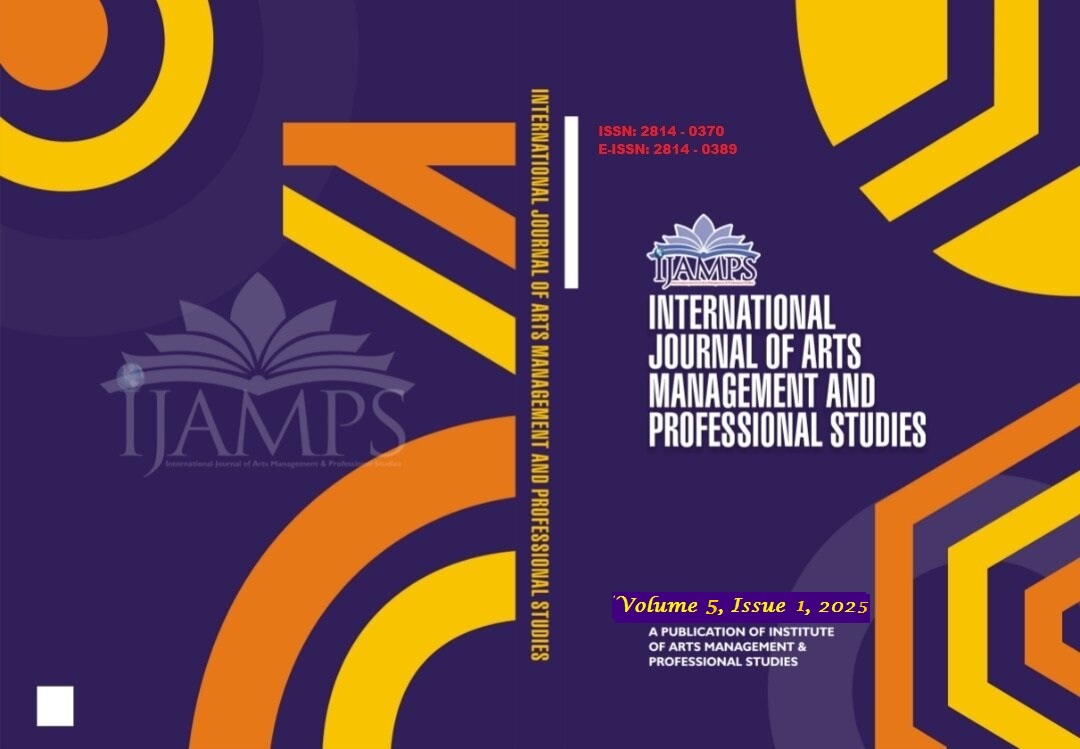
MORAL DILEMMAS OF MEDICALLY ASSISTED HUMAN REPRODUCTION
DR. OGBONNA HENRY Henanuk@yahoo.com 09151247639 2. ENOMAH SYLVESTER PhD Department Of Public Administration, Faculty Of Administration And Management, Dalta State University Of Science And Technology, Ozoro, Nigeria EMAIL: Sylvesterenomah@gmail.com 0802
Volume 5, Issue 1, March 2025
The rapid expansion of medically assisted reproductive technologies (ART) services as a viable solution to infertility has stimulated public interest in the need to address related moral issues inherent in the techniques. Assisted Reproductive Technology (ART) is practiced today through gamete donations and InVitro Fertilization as a result of developments in the field of medicine to combat infertility. While the development is welcomed, certain issues associated with its practice need to be examined from ethical perspective. In Western societies, new scientific knowledge has brought new techniques of assisting infertility dysfunctions, but these interventions require ethical assessment. Morally, the parental role is correctly understood as basically an altruistic endeavor—parents procreate and rear children so that these new lives can develop and flourish. This paper argues for an ethical standard that limits alternative reproductive techniques to those that remedy the infertility of a committed couple in average expectable conditions that can adequately support child care. To this end, the author argues that the unity of genetic, gestational, and rearing parents should remain intact. Collaborative reproduction risks the good of the child, the good of families, the good of donors, and the important norm that agents uphold personal moral responsibility for their reproductive actions.